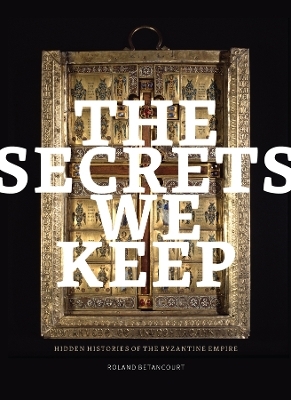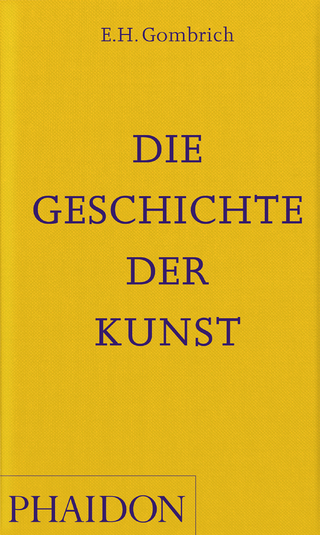
The Secrets We Keep
Hidden Histories of the Byzantine Empire
Seiten
2024
Getty Research Institute,U.S. (Verlag)
978-1-60606-908-0 (ISBN)
Getty Research Institute,U.S. (Verlag)
978-1-60606-908-0 (ISBN)
An intriguing look at secrecy during the Byzantine Empire and the role of the art historian in seeking truth
Secrecy has played a role throughout human history and continues to capture the popular imagination. Some of the most seductive aspects of the Byzantine Empire-such as the relics of the imperial palace and the military uses of Greek fire-have been shrouded in mystery for centuries. This book provides a brief history of secrecy in Byzantium and examines the role of the art historian in uncovering the truth, demonstrating how visual evidence can not only reveal new findings but also purposely conceal answers.
Art historians face many challenges in their search for hidden knowledge, including accessing accounts preserved in only fragmentary glimpses and reconciling how practices of speculation and reconstruction result in different, and sometimes contradictory, understandings. With pressing urgency, this book asks scholars to consider their role in articulating the stories of marginalized people, particularly for queer and trans history.
At the core of these investigations is the quest to discover how clandestine knowledge was transmitted and how relationships were strengthened by collective secret keeping, as well as how concealment is used as a strategy for exercising power. With insights into the religious, imperial, military, and cultural uses of secrecy,this book offers an intriguing look at the ways secrecy manifested itself during the Byzantine Empire and the implications it has for the issues we face today.
Secrecy has played a role throughout human history and continues to capture the popular imagination. Some of the most seductive aspects of the Byzantine Empire-such as the relics of the imperial palace and the military uses of Greek fire-have been shrouded in mystery for centuries. This book provides a brief history of secrecy in Byzantium and examines the role of the art historian in uncovering the truth, demonstrating how visual evidence can not only reveal new findings but also purposely conceal answers.
Art historians face many challenges in their search for hidden knowledge, including accessing accounts preserved in only fragmentary glimpses and reconciling how practices of speculation and reconstruction result in different, and sometimes contradictory, understandings. With pressing urgency, this book asks scholars to consider their role in articulating the stories of marginalized people, particularly for queer and trans history.
At the core of these investigations is the quest to discover how clandestine knowledge was transmitted and how relationships were strengthened by collective secret keeping, as well as how concealment is used as a strategy for exercising power. With insights into the religious, imperial, military, and cultural uses of secrecy,this book offers an intriguing look at the ways secrecy manifested itself during the Byzantine Empire and the implications it has for the issues we face today.
Roland Betancourt is professor of art history at the University of California, Irvine, a 2023 Guggenheim Fellow, and an expert on the Byzantine Empire.
| Erscheinungsdatum | 11.09.2024 |
|---|---|
| Reihe/Serie | Thomas and Barbara Gaehtgens Lecture |
| Zusatzinfo | 28 color illustrations |
| Verlagsort | Santa Monica CA |
| Sprache | englisch |
| Maße | 152 x 210 mm |
| Themenwelt | Kunst / Musik / Theater ► Kunstgeschichte / Kunststile |
| ISBN-10 | 1-60606-908-X / 160606908X |
| ISBN-13 | 978-1-60606-908-0 / 9781606069080 |
| Zustand | Neuware |
| Informationen gemäß Produktsicherheitsverordnung (GPSR) | |
| Haben Sie eine Frage zum Produkt? |
Mehr entdecken
aus dem Bereich
aus dem Bereich


